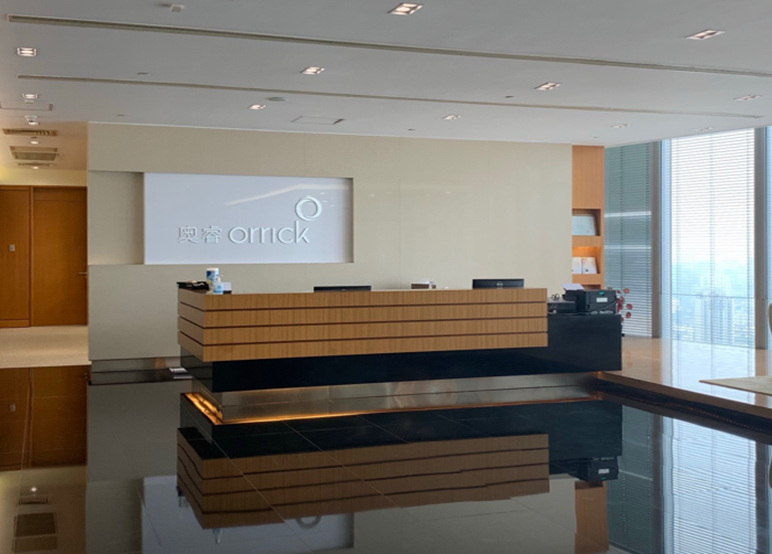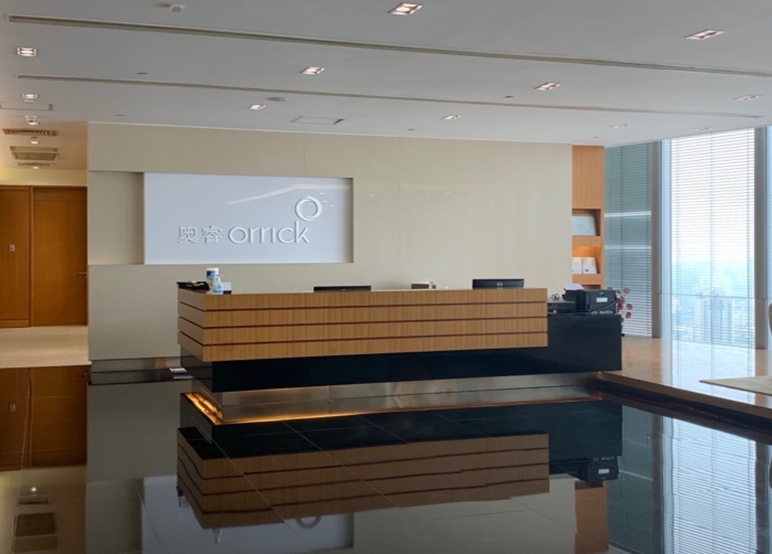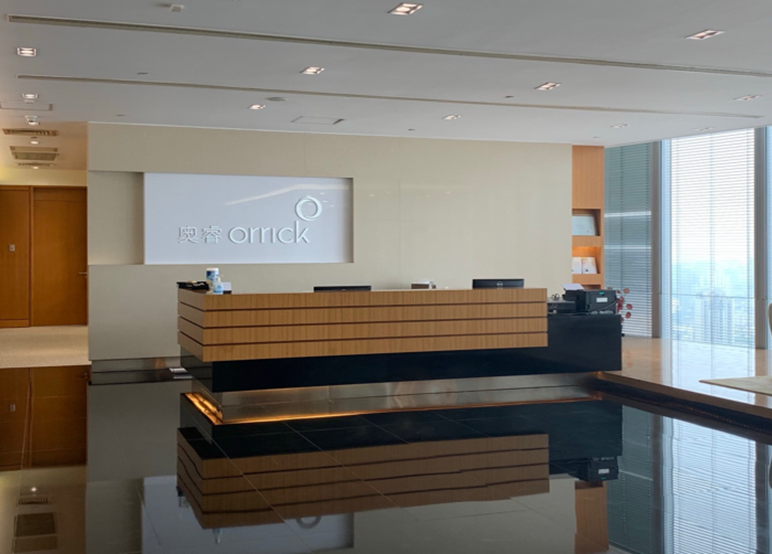representative 10 The two largest library associations in the United States, which represent more than 10, 000 libraries, are protesting attempts by large copyright owners to influence the development of copyright laws in foreign countries. Specifically speaking, The associations oppose their ongoing criticism of South Africa's proposed copyright law, He dismissed the criticism as inconceivable, Condescending and condescending "Orwellian" the.
The US copyright industry generates billions of dollars in revenue each year, It is often regarded as one of the country's main exports.
Both in the film, MUSICIANS, Software or other goods, American companies are among the dominant players in the market.
To protect the global interests of these companies, Copyright owners' groups can count on the U. S. government for help. Such as, annual "Notorious market" The list is a well-known diplomatic pressure tool, The aim is to force other countries to step up their enforcement actions and change their laws.
The same is true of trade deals and other policies, They typically require trading partners to take actions that benefit the interests of U. S. copyright owners.
Representing the Entertainment Software Association (ESA) , Motion Picture Association of America (MPA) And the Recording Industry Association of America (RIAA) The International Intellectual Property Alliance (IIPA) Has been the face of major entertainment industries in this regard. The alliance regularly calls on the U. S. government to advance the international interests of its members, Including interests in Africa.
"African Growth and Opportunity Act"
A few weeks ago, IIPA Published on "African Growth and Opportunity Act" (AGOA) Views on the latest qualification review. The process is led by the Office of the United States Trade Representative (USTR) leading, To determine which sub-Saharan African countries are entitled to certain trade preferences.
This is not the first such review in the United States. There have been reports of similar practices in the past, Many of the same criticisms were made in the recent review.
IIPA There is particular concern that South Africa is not doing enough to stop copyright infringement. In addition, There are also serious concerns, Which is based on the law of the United States "Fair use" The exception clause could cause problems for African countries.
South Africa has not ignored criticism from copyright holders. The country's president Cyril.Ramaphosa (Cyril Ramaphosa) Two copyright-related bills were previously sent back to Parliament, but IIPA And other rights holder groups have yet to see the changes they expected.
Library response
In high-level political lobbying, One submission stands out. Not long ago, Library Copyright Alliance formed by the American Library Association and the Association of Research Libraries (LCA) to USTR Delivered a fairly blunt submission.
The alliance represents the annual 2 Used by millions of Americans 10 More than 10, 000 libraries. The alliance does not have direct links with South Africa, But it keeps a close eye on copyright-related developments around the world.
When the alliance reads IIPA Criticism of South African copyright policies and programs, It felt compelled to join in, Put forward a different view of the situation in South Africa.
Fair criticism?
LCA Refuted point by point IIPA The advice of. One of the key points of contention is South Africa's fair use proposal, which is based on US copyright law. According to the rights holder, This is a worrying problem, Because it includes many copyright exceptions that can be abused.
however, The library clearly sees things differently. They think, It is hypocritical to protest fair use policies inspired by US law.
The alliance wrote: "As a matter of policy, The United States should always support other countries in adopting provisions based on U. S. copyright law. Whether the clause extends the scope of copyright or limits the scope of copyright, As it should be. It is hypocritical and condescending to oppose such use. "
IIPA One of the arguments indicates, South Africa's fair use proposal may violate "Berne Convention for the Protection of Literary and Artistic Works" and "Agreement on Trade-Related Aspects of Intellectual Property Rights" (TRIPS) . LCA There is no objection to this, But it warned, If the case is true, So is the American version.
"IIPA Seem to imply, Fair use terms may differ "The Berne Convention" and TRIPS Three steps in the test standards are inconsistent. towards IIPA As for, This is a dangerous argument, Because if South Africa's proposed copyright law No 12A The article violates the three-step test, In that way "United States Code" The first 17 ranking 107 The same is true of strips. "
Beyond scope and standard
The alliance notes, IIPA Some of the recommendations go beyond the scope of U. S. copyright law. Such as, IIPA Calling for stricter anti-piracy enforcement measures, Includes a policy requiring online platforms to prevent unauthorized use of copyrighted works on their platforms.
On the basis of LCA Argument of, That goes beyond what U. S. law requires for online services.
The alliance wrote: "these (demand) It doesn't exist under American law. IIPA Seem to demand USTR Impose the copyright filtering obligations of the EU's digital Single market on South Africa. "
In other cases, IIPA South Africa is required to adopt American standards that exceed international standards. Such as, It requires 70 Copyright term of one year, Instead of 50 Year standard.
"IIPA complain, The United States has not extended the term of protection of phonograms from 50 Extend to 70 years. however, In fact, TRIPS and "World Intellectual Property Organization Performances and Phonograms Treaty" The term of protection of the phonograms stipulated in 50 years.
LCA add: "South Africa should not be penalized for adhering to but not exceeding these international standards. "
"Orwellian" thesis
finally, LCA Pointed out what they thought was from IIPA local "Orwellian" content——The right holder thinks, If scientists have the right to freely share the results of government-funded research, Academic freedom would be threatened.
Free sharing will ensure that publicly funded research can be published in an open access format, Instead of being locked behind a paywall. therefore, LCA Don't see how this jeopardizes academic freedom.
They wrote: "This is a real 'Orwellian' thesis. How does protecting the right of scientists to publish their research undermine their academic freedom? "
The examples highlighted above are just that LCA A small selection of the points raised in the submission. On the whole, The coalition concluded, Many of the policy options in the South African proposal are fully in line with U. S. law. besides, It emphasizes that the law is never perfect for all parties, Compromises must be made. (Be compiled from torrentfreak. com)
TRANSLATORS: Wang Dan proofread: Liu Peng
disclaimer: This network reprint or compile the original articles are from the network, Does not represent the views of this website or confirm the authenticity of its content. If the source is mislabeled or the copyright of the article is involved, Please contact us, This website will be corrected in due course, delete, thank you.

Safeguarding the rights of economic and trade hotspots













